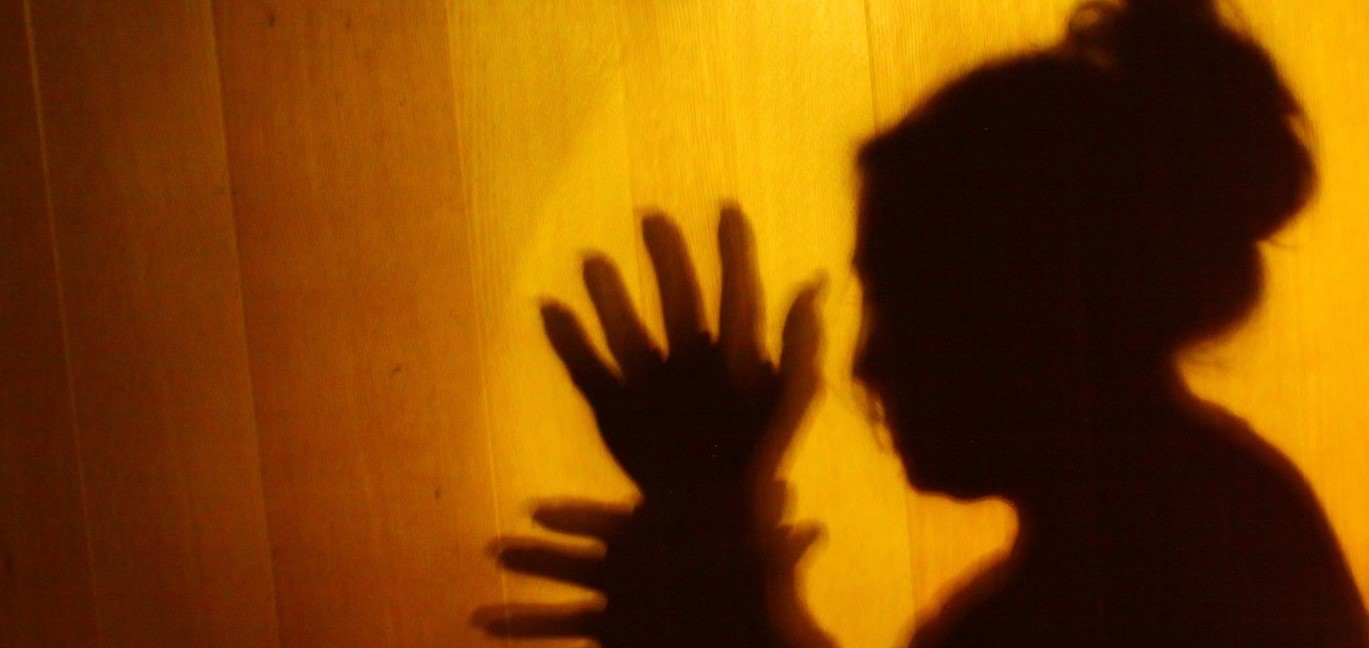By Allison Lee
Hong Kong, 27 April 2022: To mark International Women’s Day last month, we showcased the invaluable contribution being made by women to the success of Boase Cohen & Collins. Some 55% of our Partners, 70% of our other lawyers and 67% of our administrative staff are female. It is a feelgood story about equality and empowerment of which we are justly proud.
Sadly, a report released around the same time by the Hong Kong Women’s Coalition on Equal Opportunities highlighted the flipside for many women in this city. It revealed that two out of five have experienced sexual violence while more than one in four have suffered from domestic abuse. Compared with a previous poll in 2013, the survey showed a worsening trend of violence towards women, one that has been exacerbated by the Covid-19 pandemic.
The survey, sponsored by Zonta Club of Kowloon and a research grant from Lingnan University, showed 37.5% of women, aged 15 to 64, had experienced sexual violence, including forms of harassment such as discussing sexual topics that caused discomfort, non-penetrative sexual assault and unwanted sexual attention. Three out of 10 women said the most serious sexual violence took place at either their home or that of the perpetrator, followed by public transport and schools. Among those women who experienced sexual violence, almost 70% said the perpetrator was someone they knew.
Yet, some three-quarters of respondents said they did not react at the time and just three in five sought help afterwards, usually from family or friends. Those who did not gave reasons that included lack of time or energy, or feeling embarrassed and ashamed. Lingnan University Professor Annie Chan, who led the study, highlighted some of the causes of this non-reporting, including social norms of shame surrounding sex, obstacles to seeking help and ineffective policies and laws.
Sisi Liu, Director of the Hong Kong Federation of Women’s Centres, described how Covid-19 had contributed to the problem. Social distancing measures had confined women to their homes with their abusers, while job and income losses had caused greater financial pressures, meaning a higher likelihood of domestic arguments. Online schooling for children had added to pressure and responsibilities, she said.
Criminal Legislation
In light of the report, it is worth noting the relevant laws and the protection they offer to abused women. The current legal framework for dealing with domestic violence is made up of various pieces of legislation, imposing criminal sanctions on acts of violence, or providing civil remedies to victims of domestic violence. For the criminal legislation, the Offences Against the Person Ordinance (Cap. 212) covers serious crimes including murder, manslaughter, wounding, assault and the like. In addition, the Crimes Ordinance (Cap. 200) deals with such acts as intimidation, destroying or damaging property and sexual offences.
Civil Legislation
The civil legislation includes the Domestic and Cohabitation Relationships Violence Ordinance (Cap. 189) (the “DCRVO”). Domestic violence covers physical abuse, verbal abuse and psychological abuse. Under the DCRVO, the court may grant the following orders:-
- A non-molestation order to restrain the respondent from the use or threat of violence against the applicant or a child living with the applicant;
- An ouster order to prohibit the respondent from or prevent him from entering or remaining in the matrimonial/shared home;
- A re-entry order to require the respondent to permit the applicant or a child living with the applicant to enter and remain in the matrimonial/shared home.
- Where a Power of Arrest has been attached to an injunction, the police may take action if the applicant is being abused and threatened by the respondent.
Other Assistance
The Social Welfare Department and other nonprofit organisations seek to support victims of domestic violence, sexual violence and needy families through a wide range of services. The Working Group on Combating Intimate Partner Violence and Adult Sexual Violence, chaired by the Director of Social Welfare and comprising representatives from various government departments, the Hospital Authority and NGOs, is responsible for mapping out strategies and approaches to address the problem.
In concluding their report, the Women’s Coalition made a series of recommendations. These included: improving public education, thus helping all citizens to be aware of the issue while encouraging women to understand their rights and report breaches; increasing resources for NGOs serving female victims of violence; and enhancing economic and housing assistance in order to assist women in leaving their abusers.
Violence against women is hardly a new issue. It is to be hoped that further improvement can be made to reduce this blight on our society. Such measures, plus an easing of the pandemic situation, would give us even more reason to celebrate next year’s International Women’s Day.
A Senior Associate with BC&C, Allison Lee is experienced in matrimonial and family matters, having worked with clients on applications for divorce, separation, financial disputes, asset division, maintenance and child’s custody and care arrangements. She also has experience in general civil litigation, including employment issues. She can be contacted at allison@boasecohencollins.com.



